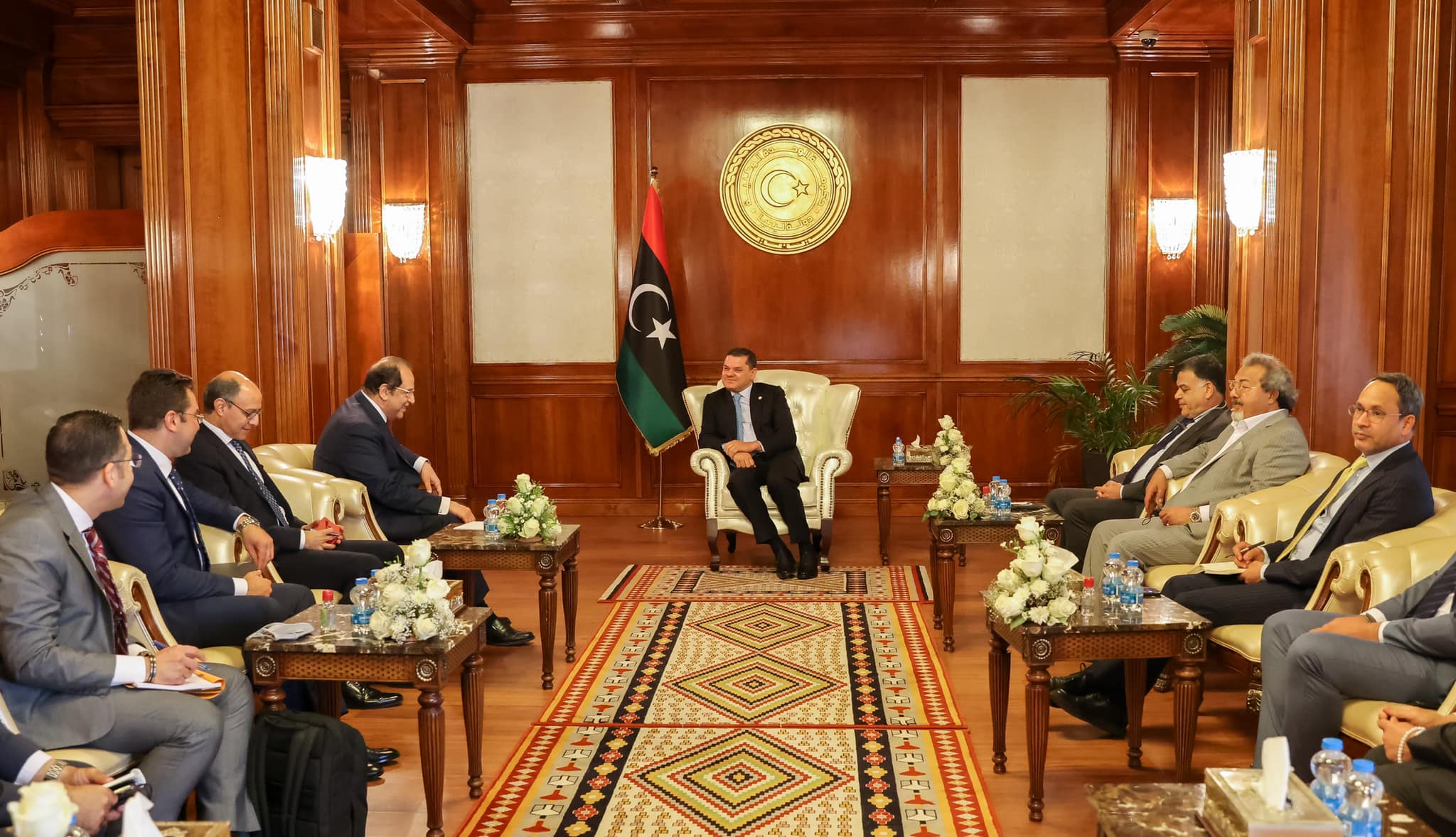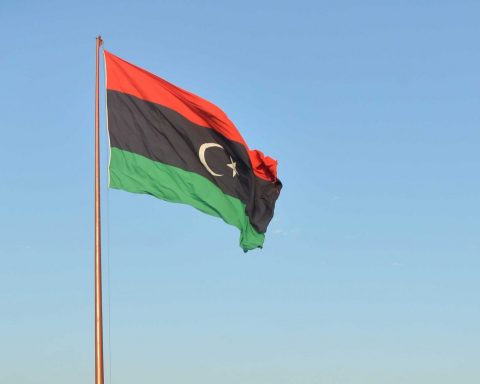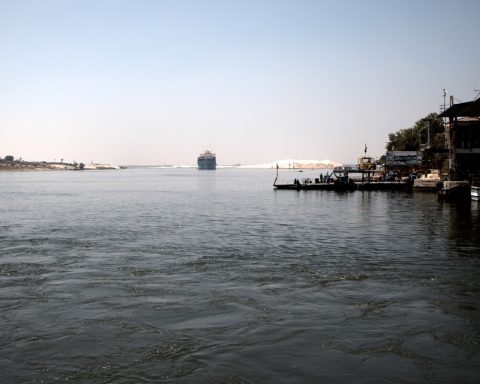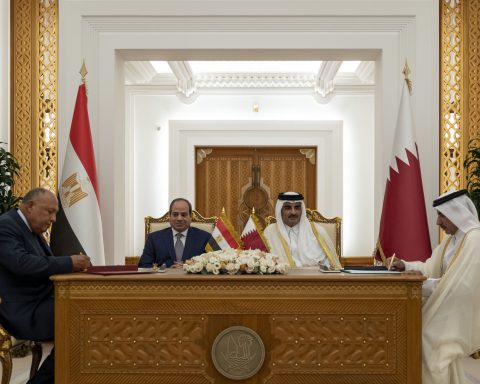Abbas Kamel, head of the Egyptian Intelligence Service (GIS), visited Prime Minister Abdul Hamid Dbeibeh in Tripoli with his delegation on June 17. Libyan Intelligence Chief Hussein Al-Ayeb, Minister of Interior Khalid Mazen and Minister of State Adel Jumua accompanied PM Dbeibeh during the talks. According to the statement made by the Prime Minister’s media office, the results of the Egyptian delegation’s visit to Tripoli last May and the activation of possible agreements to increase joint coordination were discussed. The Prime Minister of the Government of National Unity (GNU) referred to Egypt’s positive role in the efforts between the Libyan parties in the process of national reconciliation.
After the talks in Tripoli, Abbas Kamel moved to the east of the country, to Benghazi. Kamel met with the leader of the eastern militia groups, Khalifa Haftar. At the meetings, Kamel emphasized the importance of issues such as the unification of the Libyan Army and the assurance of constitutional rights, especially the elections to be held on December 24, 2021. The Egyptian Intelligence Chief stated that the elections should be held on the previously scheduled date. Also, Khalifa Haftar expressed his appreciation for Egyptian President Abdel Fattah el-Sisi’s interest in Libya and his support for ensuring stability in the country.
Kamel had visited Khalifa Haftar in Benghazi one month after Haftar’s forces launched the Tripoli attack in April 2019 and had received information on the latest developments in the operation. As a result of Turkey’s involvement, with the withdrawal of Haftar’s forces from the capital Tripoli and the permanent ceasefire achieved on October 23, some, if not radical, changes occurred in Egypt’s Libya policy and has since tried to make contact with the legitimate government in the west of the country.
While political negotiations under the name of the Libyan Political Dialogue Forum (LPDF) were continuing, an Egyptian delegation met with the officials of the Government of National Accord (GNA) in December 2020, for the first time since 2014. In the delegation, which included Minister of Foreign Affairs Mohammed Siala and Minister of Interior Fathi Bashagha, the parties discussed cooperation opportunities in different fields. However, a week before the talks, Head of Intelligence Chief Abbas Kamel’s meeting with Khalifa Haftar and Speaker of the House of Representatives (HoR) Aguila Saleh in Benghazi was an incident that drew the reaction of the western authorities.
At this point, Abbas Kamel’s visit to Libya indicates that Egypt has put different instruments into the field. In fact, accelerating the political process in Libya and achieving national reconciliation serves Egypt’s national interests in terms of the economy and security. In this context, the failure of Khalifa Haftar’s April 2019 attack on Tripoli has prompted Egypt, as a key regional player, to reconsider its Libya policy, both for border security and economic reasons.
Moreover, the Sisi administration is anxious about Haftar’s aggressive stance. He approached the ceasefire talks, which started in August 2020, positively. The Sisi administration interprets the long-term dangers of the conflict environment as a situation contrary to its national interests due to the wide borders it shares with Libya. In addition, the foreign exchange income transferred to the country by Egyptian workers working in Libya is a very important source of income for the Egyptian economy.
Accordingly, the restoration of peace in Libya will facilitate the return of Egyptian workers to Libya and will create a significant source of income for the Egyptian economy. Therefore, Egypt, which could not achieve the desired results in the field in the past period, is trying to establish, according to some analysts, close contact with actors from both the eastern and western wings, leaving the hard power elements aside, with a more solution-oriented and inclusive approach.














